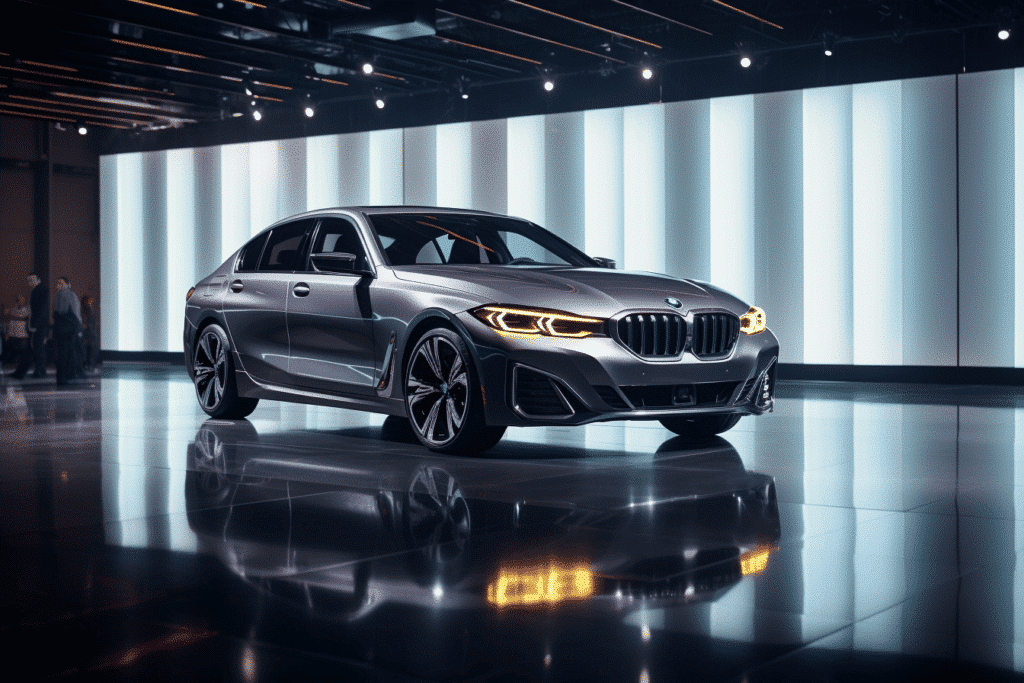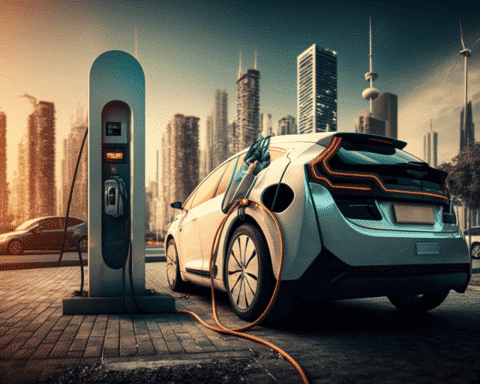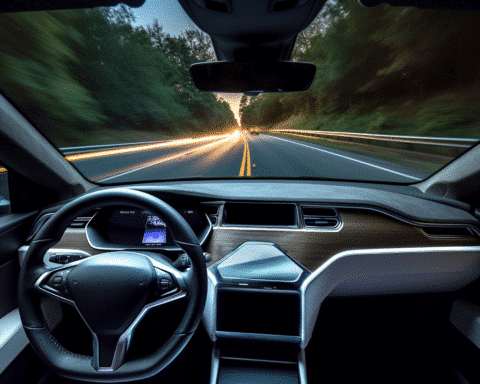Currently, many German car manufacturers are feeling the pressure. However, at the IAA in Munich, the industry is showcasing its pride and optimism, as if it wants to revive its golden era. Right from the start, there was a blockade – a symbolic resistance against what was to be celebrated here. At an event hosted by BMW’s subsidiary Mini in Munich, the last few meters had to be covered on foot because activists from the “Last Generation” set up a roadblock. Despite some aggressive drivers, the protests remained largely peaceful.
Nevertheless, the celebration continued at Mini. Even before the official opening of the IAA, manufacturers were trying to draw attention to their products with various events, especially targeting key influencers such as the media, influencers, and political representatives. The message of this IAA seems clear: the golden days of the automotive industry are back.
Two years ago, at the first IAA after the pandemic and also the first-ever in Munich, the industry was still uncertain. Are car shows still relevant? Should they continue to target car enthusiasts as their primary audience? What do car manufacturers actually present – just shiny vehicles or genuine mobility solutions? And how does the industry respond to movements like Fridays for Future and their demands for climate protection?
In response, the IAA was renamed “IAA Mobility” and opened its doors to bicycle manufacturers, mobility start-ups, and others. However, this year’s IAA largely returns to its roots. Efforts to engage in dialogue with environmental movements were not very successful.

This year, the traditional car show dominates again. However, there’s a difference: The fair isn’t held just in exhibition halls but also throughout the urban space.
German car manufacturers are once again placing a strong emphasis on confidence this year. This was evident, for example, with BMW proudly presenting a new electric prototype, inspired by their legendary models from the 1960s.
Nevertheless, the challenges facing the German automotive industry haven’t disappeared. Car production is declining, many manufacturers feel the pressure of transitioning to electromobility and digitization, and the Chinese market is growing more slowly. Interestingly, it’s the Chinese car manufacturers who are using the IAA as a platform to accelerate their entry into the European market.




